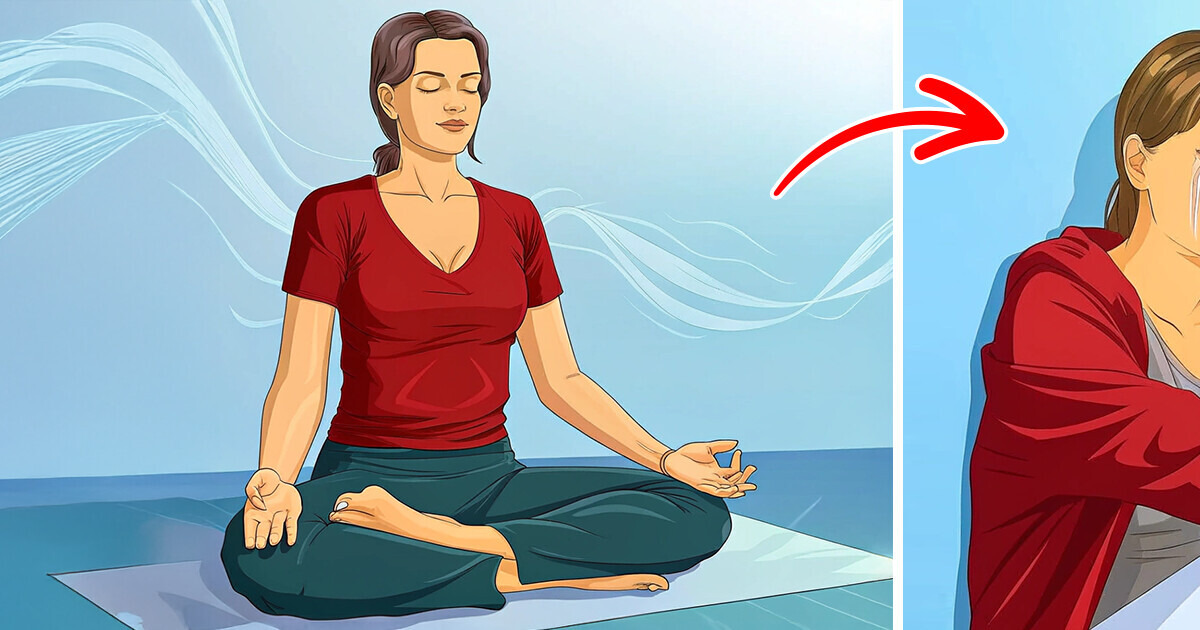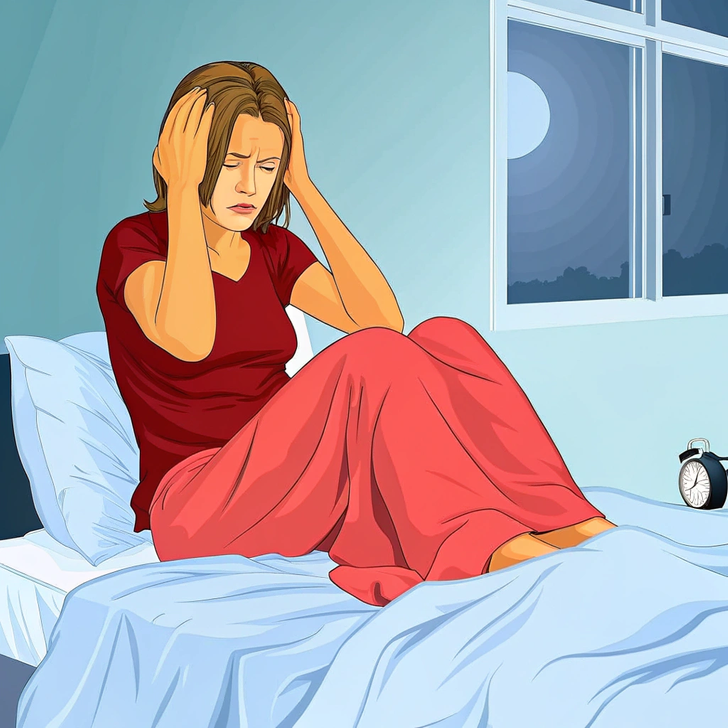14 Powerful Kindness Stories That Restored Hope in Tough Times


Meditation is often hailed as a universal remedy for stress, anxiety, and emotional turmoil. However, emerging research and firsthand accounts reveal that this ancient practice can sometimes backfire, leading to unexpected psychological harm. Below, we explore the lesser-known risks of meditation, supported by scientific evidence and expert insights.
Disclaimer
This article explores potential risks of meditation to promote informed and balanced engagement with the practice. While research highlights that adverse effects can occur—particularly in vulnerable individuals or extreme settings—meditation remains a beneficial tool for many when practiced safely. Most studies affirm its positive impacts on stress reduction, focus, and emotional regulation for the majority of users.
Always consult a qualified instructor or healthcare provider before beginning meditation, especially if you have a history of mental health challenges. This article does not aim to discourage meditation, but to advocate for awareness, moderation, and professional guidance to maximize its benefits while minimizing risks.

While meditation is frequently recommended to alleviate mental health struggles, studies show it can worsen symptoms of anxiety and depression in some individuals. A 2022 study of 953 regular meditators found that over 10% experienced adverse effects that disrupted their daily lives for at least a month.
Historical texts, such as the 1,500-year-old Dharmatrāta Meditation Scripture, also document meditation-induced anxiety and depressive states. Modern research confirms these risks: a 2020 systematic review of 83 studies found anxiety (33%) and depression (27%) to be the most common adverse outcomes.

Intensive meditation practices, particularly in retreat settings, have been linked to psychotic episodes, dissociation, and hallucinations. For example, participants in 10-day Vipassana retreats—which involve 10 hours of daily silent meditation—reported delusions, depersonalization (feeling detached from oneself), and overwhelming terror.
One person described the experience as being trapped in a “mental torture chamber”. These effects are not limited to those with preexisting conditions; even mentally stable individuals have reported sudden breakdowns during or after retreats.

Children, adolescents, and individuals at risk of mental health disorders may be particularly susceptible to harm. A landmark UK study of 8,000 children (ages 11–14) found that mindfulness programs failed to improve mental wellbeing and even worsened symptoms in high-risk groups.
Similarly, the MYRIAD project, a large-scale trial, cautioned against using mindfulness interventions for early adolescents with emerging mental health issues due to potential harm.
Many meditation instructors and apps fail to acknowledge risks, leaving practitioners unprepared. A common complaint among those harmed is that teachers dismiss their concerns, urging them to “meditate through” distress.
This lack of accountability is compounded by the commercialization of mindfulness, which has grown into a $2.2 billion industry in the U.S. alone. Jon Kabat-Zinn, a leading mindfulness advocate, has admitted that 90% of positive-outcome research is methodologically weak, raising questions about oversold benefits.

Beyond psychological harm, meditators report physical pain, sensory distortions, and cognitive anomalies. Electrical-like zaps, prolonged dissociation, and disrupted sleep patterns are documented in both novices and seasoned practitioners.
These symptoms may stem from meditation’s impact on brain regions like the amygdala and default mode network, which regulate fear and self-referential thought.

Some people develop an unhealthy reliance on meditation, mistaking compulsive practice for spiritual progress. Participants in intensive retreats often return repeatedly, chasing initial euphoria, only to face diminishing returns and sleep deprivation from over-meditating.
This pattern mirrors stimulant addiction, where overuse leads to paradoxical worsening of symptoms.
The mindfulness industry rarely discloses risks, creating an ethical dilemma. Apps, courses, and clinical programs often omit warnings, despite evidence that 8.3% of meditators experience adverse effects.
Critics argue that this omission prioritizes profit over safety, turning mindfulness into a “capitalist spirituality”.

Not all meditation is harmful. Structured programs like Mindfulness-Based Stress Reduction (MBSR) show low harm rates when practiced in moderation (e.g., 30 minutes daily). Key safeguards include:
Screening participants for mental health vulnerabilities.
Training instructors to recognize adverse reactions.
Avoiding extreme practices without medical supervision.
If meditation is making you feel worse instead of better, you’re not alone. Sometimes, slowing down allows anxious thoughts to take over—especially in the evening, when your mind has time to wander. But what exactly is evening anxiety, and how can you calm it before bed? That’s what we’ll dive into next.











